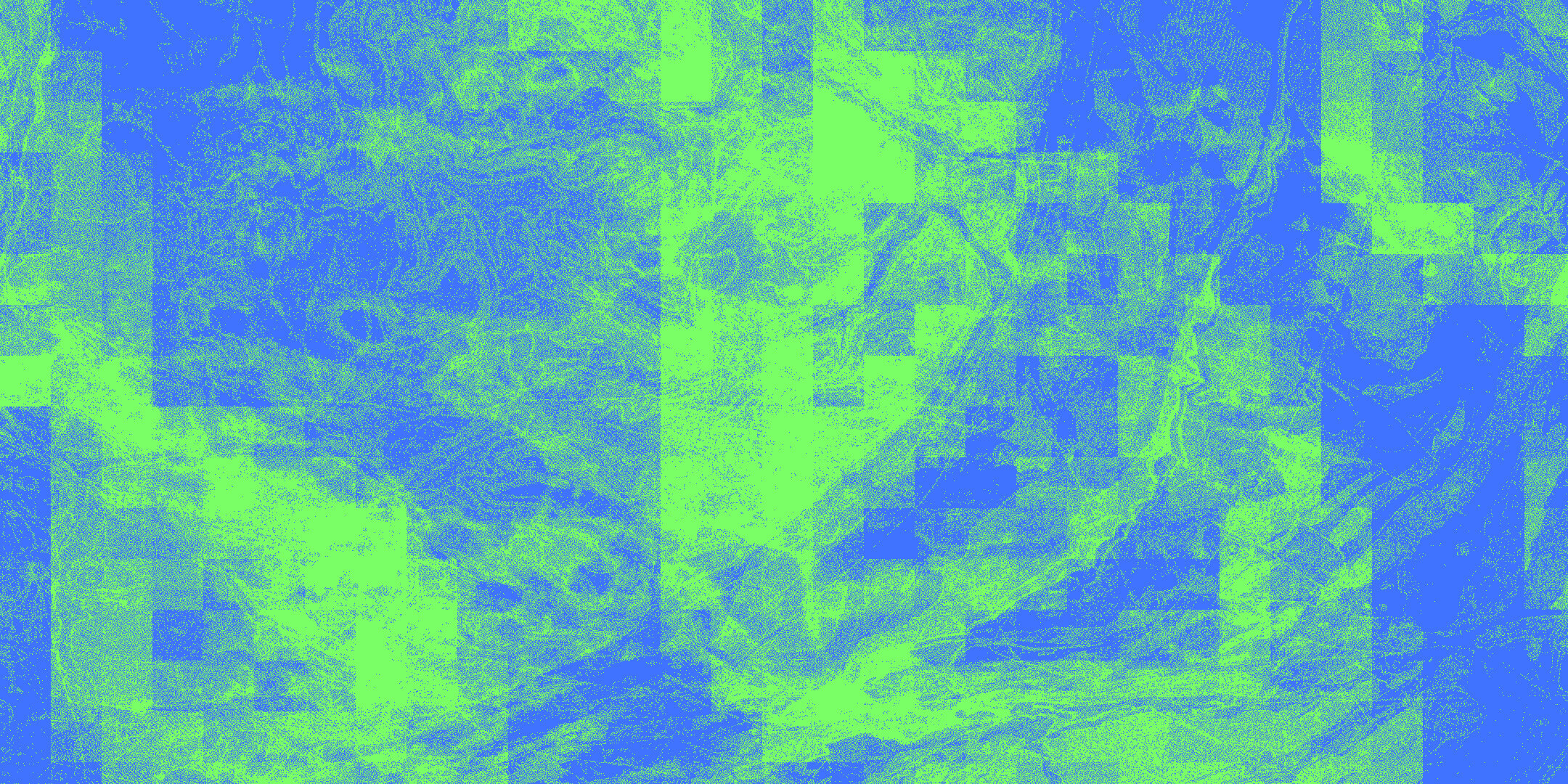FEATURED: Rob Gallagher on reactionary digital politics (Part 2)
Digital Media from Political Hero to Political Villain
Not so long ago, there was widespread optimism about the political potential of social media. These technologies were going to widen democratic participation, foster informed debate, and promote trust and transparency - or so the thinking went. During the so-called ‘Arab Spring’ of 2011 many commentators hailed the use of Twitter and Facebook to coordinate protests against authoritarian regimes as proof that ‘Web 2.0’ technologies were inherently liberating, democratising and empowering. Today, however, it’s fair to say opinions have shifted, with many observers concluding that social media platforms have had a catastrophically corrosive effect on politics. So how did this dramatic shift in opinion come about?
As I mentioned in my previous post, I spent much of the 2010s working with Ego-Media, a European Research Council project investigating new forms of digital self-expression. When our research got underway in 2014 whistleblower Edward Snowden had recently leaked proof that the US and UK governments were using the internet to spy on their citizens. Around the same time, the #GamerGate movement began using social media to harass and abuse feminists and ‘social justice warriors’. In many ways these stories feel like they set the tone for what would follow. By the time Ego-Media concluded in October 2019, techno-utopian rhetoric given way to suspicion and hostility, pessimism and paranoia. To talk about digital politics was to talk about trolls and bots, polarisation and populism, filter bubbles and fake news.
These are some of the topics we address in Reactionary Digital Politics, the podcast which I helped to create with my colleagues Alan Finlayson and Rob Topinka while working on the research project Political Ideology, Rhetoric and Aesthetics in the Twenty-First Century: The Case of the 'Alt-Right.' In my next post I’ll say more about the project’s origins, its research and what we cover on the podcast.


